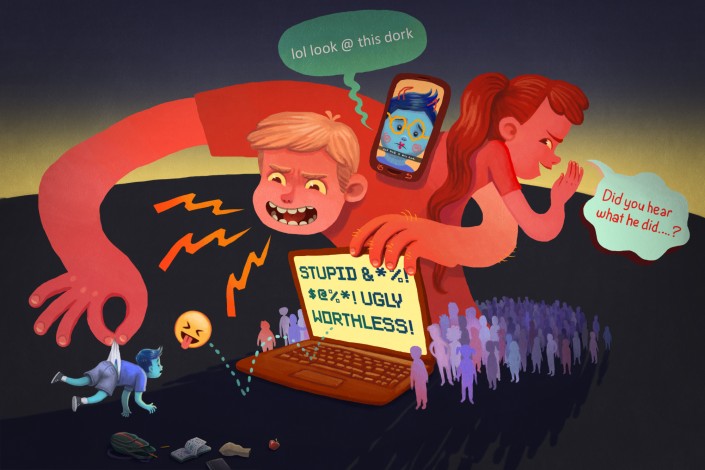Why do some kids bully others? There is no all-purpose answer

Image: Academic Affairs Communications, Research Communications and Public Relations
The National Bullying Prevention Center states that one in every four students is bullied during the school year. Jamilia Blake, associate professor of school psychology, has studied the causes and effects of bullying at school and its impact on victims. How parents handle bullying situations could have significant effects on children, she says.
“Bullying is a real concern that children grapple with daily and I think a lot of it has to do with how the school responds to it,” Blake said. “That determines how kids overcome it or if it is this perpetual problem that is reduced.”
Blake believes that the face of bullying is ever-changing. Her research has shown that a bully’s personal environment and upbringing does not always necessarily contribute to their behavior. Consequently, schools can have difficulty profiling behaviors of bullies.
“There’s not a one-size-fits-all to bullies. It can look like so many different things; for example, it can be relational or cyber bullying,” Dr. Blake said. “I think some children bully because it feels good to be in control over other people’s emotions and others bully for instrumental reasons so that they can attain items or social status or being popular with their peers.”
However, Dr. Blake says she has found very defined traits about the environment of a bully.
“What we do know is that bullying does not occur in isolation with just one bully and victim, it’s a group phenomenon,” Blake said. “What encourages a bully to keep bullying is having students and bystanders who don’t report the incidents or tell them to stop. Peer attention, even silent attention, can be quite reinforcing to bullies.”

